Best movies like Io sono Tony Scott, ovvero come l'Italia fece fuori il più grande clarinettista del jazz
A unique, carefully handpicked, selection of the best movies like Io sono Tony Scott, ovvero come l'Italia fece fuori il più grande clarinettista del jazz Starring Tony Scott, and more. If you liked Io sono Tony Scott, ovvero come l'Italia fece fuori il più grande clarinettista del jazz then you may also like: Whiplash, Jammin' the Blues, Jazz on a Summer's Day, Jivin' in Bebop, Alexander's Ragtime Band and many more popular movies featured on this list. You can further filter the list even more or get a random selection from the list of similar movies, to make your selection even easier.
Italian documentary
You may filter the list of movies on this page for a more refined, personalized selection of movies.
Still not sure what to watch click the recommend buttun below to get a movie recommendation selected from all the movies on this list
Jammin' the Blues
In this short film, prominent jazz musicians of the 1940s gather for a rare filming of a jam session. This highly stylized chronicle features tenor sax legend Lester Young.
Jazz on a Summer's Day
Set at the Newport jazz festival in 1958, this documentary mixes images of water and the town with performers and audience. The film progresses from day to night and from improvisational music to Gospel. It's a concert film that suggests peace and leisure, jazz at a particular time and place.
Jivin' in Bebop
A filmed variety show featuring the Dizzy Gillespie Orchestra with special guests.
Alexander's Ragtime Band
Classical violinist, Roger Grant disappoints his family and teacher when he organizes a jazz band, but he and the band become successful. Roger falls in love with the band's singer, Stella, but his reluctance to lose her leads him to thwart her efforts to become a solo star. When the World War separates them in 1917, Stella marries Roger's best friend and, when Roger returns home after the war, an important concert at Carnegie Hall brings the corners of the romantic triangle together.
The Cool World
A fifteen-year-old boy wants to buy a gun from an adult racketeer named Priest, in order to become president of the gang to which he belongs, and to return them to active "bopping" (gang fighting) which has declined in Harlem.
The Glenn Miller Story
A vibrant tribute to one of America's legendary bandleaders, charting Glenn Miller's rise from obscurity and poverty to fame and wealth in the early 1940s.
Is Everybody Happy?
It is the story of Ted Lewis, popular band leader and clarinettist. The music for the film was written by Harry Akst and Grant Clarke, except for "St. Louis Blues" by W. C. Handy and "Tiger Rag". The film's title comes from Lewis's catchphrase "Is everybody happy?" The film's soundtrack exists on Vitaphone discs preserved at the UCLA Film and Television Archive, but the film itself is considered a lost film, according to the Vitaphone Project website. A five minute clip from the film can be found on YouTube.
It Happened in Brooklyn
Danny has been in the army for 4 years, yet all he thinks about is Brooklyn and how great it is. When he returns after the war, he soon finds that Brooklyn is not so nice after all. He is able to share a place with Nick, the janitor of his old High School, and get a job as a singer in a music store. He also meets Leo, a talented pianist and his teacher Anne, whose dream is to singing Opera. When Jamie arrives from England, Danny tries to show him the Brooklyn experience and help him compose modern swing music. Together, these four also try to help Leo get the Brooklyn Music scholarship.
Italianamerican
Filmmaker Martin Scorsese interviews his mother and father about their life in New York and family history back in Sicily.
The Police Tapes
The Police Tapes is a 1977 documentary about a New York City police precinct in the South Bronx. The original ran ninety minutes and was produced for public television; a one-hour version later aired on ABC. Filmmakers Alan and Susan Raymond spent three months in 1976 riding along with patrol officers in the 44th Precinct of the South Bronx, which had the highest crime rate in New York City at that time. They produced about 40 hours of videotape that they edited into a 90-minute documentary.
Second Chorus
Danny O'Neill and Hank Taylor are rival trumpeters with the Perennials, a college band, and both men are still attending college by failing their exams seven years in a row. In the midst of a performance, Danny spies Ellen Miller who ends up being made band manager. Both men compete for her affections while trying to get the other one fired.
Led Zeppelin - The Song Remains the Same
The best of Led Zeppelin's legendary 1973 appearances at Madison Square Garden. Interspersed throughout the concert footage are behind-the-scenes moments with the band. The Song Remains the Same is Led Zeppelin at Madison Square Garden in NYC concert footage colorfully enhanced by sequences which are supposed to reflect each band member's individual fantasies and hallucinations. Includes blistering live renditions of "Black Dog," "Dazed and Confused," "Stairway to Heaven," "Whole Lotta Love," "The Song Remains the Same," and "Rain Song" among others.
The Source
Traces the Beats from Allen Ginsberg and Jack Kerouac's meeting in 1944 at Columbia University to the deaths of Ginsberg and William S. Burroughs in 1997. Three actors provide dramatic interpretations of the work of these three writers, and the film chronicles their friendships, their arrival into American consciousness, their travels, frequent parodies, Kerouac's death, and Ginsberg's politicization. Their movement connects with bebop, John Cage's music, abstract expressionism, and living theater. In recent interviews, Ginsberg, Burroughs, Kesey, Ferlinghetti, Mailer, Jerry Garcia, Tom Hayden, Gary Snyder, Ed Sanders, and others measure the Beats' meaning and impact.
What Happened, Miss Simone?
The film chronicles Nina Simone's journey from child piano prodigy to iconic musician and passionate activist, told in her own words.
By Sidney Lumet
An analysis of director Sidney Lumet's work (12 Angry Men, Dog Day Afternoon, Before The Devil Knows You're Dead) in his own words, based on a five-day interview recorded shortly before his death.
Frank Serpico
In 1972, officer Frank Serpico exposes the corruption which poisons the roots of the NYPD and becomes famous in 1973 when director Sidney Lumet tells his story in the classic film “Serpico,” starring Al Pacino.
Thelonious Monk: Straight, No Chaser
A documentary film about the life of pianist and jazz great Thelonious Monk. Features live performances by Monk and his band, and interviews with friends and family about the offbeat genius.
Blues in the Night
A struggling band find themselves attached to a fugitive and drawn into a series of old feuds and love affairs, as they try to stay together and find musical success.
Satchmo the Great
In this 1957 biography film of the jazz-great Louis "Satchmo" Armstrong, he and his band tour the world as American good-will ambassadors bring jazz at its best to the people of the world. Within the film, the life of Louis Armstrong is portrayed through the music. One of the outstanding scenes in this "biography/docudrama" shows blind songwriter W. C. Handy, with tears streaming down his face, as Armstrong, backed by Leonard Bernstein leading the New York Philharmonic Orchestra, play Handy's immortal "St. Louis Blues."
Dave Brubeck: In His Own Sweet Way
A chronological look at the life and career of jazz musician, composer, and performer Dave Brubeck (1920-2012 ), presented through contemporary interviews, archival footage of interviews and performances, and commentary by family, fellow musicians, and aficionados. Emphases include his mother's influence, his wife's invention of college tours, his skill as an accompanist, the great quartet (with Desmond, Morello, and Wright), his ability to find musical ideas everywhere, his orchestral compositions, his religious conversion, and his unflagging sweet nature.
Horowitz: The Last Romantic
A stimulating study which features concert footage and interviews with the master pianist. Includes many of his favorite pieces.
The Captains
The Captains is a feature length documentary film written and directed by William Shatner. The film follows Shatner as he interviews the other actors whom have portrayed Starship captains within the illustrious science-fiction franchise.
Mystery in Swing
In and around some great blues, swing and jazz music, a very unpopular band-leader. Prince Ellis, is killed in a Harlem nightclub, and, in and around some more great music, a detective finds the lists of suspects is very long, as Prince Ellis was indeed very unpopular with many citizens.
The Glass Wall
Peter Kuban, a Hungarian refugee, is about to be deported after jumping ship in New York harbor. He needs to find an ex-G.I. named Tom whom he helped during the war, as Tom can prove Peter's right to legal entry into the United States. If he can't find Tom within 24 hours and prove his case, he will be branded a fugitive and will be permanently disqualified for U.S. citizenship.
...But Then, She's Betty Carter
This lively film is an unforgettable portrait of legendary vocalist Betty Carter, one of the greatest living exponents of jazz. Uncompromised by commercialism throughout her long career, she has forged alternative criteria for success — including founding her own recording company and raising her two sons as a single parent. Parkerson's special film captures Carter's musical genius, her paradoxical relationship with the public and her fierce dedication to personal and artistic independence.
Chasing Trane
An account of the life of the brilliant jazz musician John Coltrane (1926-67), a gifted saxophonist, an extraordinarily talented thinker whose original, avant-garde work has impacted and influenced people all over the world. A story about music's ability to entertain, inspire and transform.
Swing Out, Sister
Universal cowboy star Rod Cameron plays Geoffrey, conductor of a high-toned symphony orchestra. Secretly harboring the desire to become a swingin' jazz trumpeter, Geoffrey takes a job at a "hot" Broadway nightclub. Here he meets and falls in love with café songstress Donna (Frances Raeburn), who has led her family to believe that she's studying for a classical-music career. Meanwhile, a comedy-relief romance develops between Geoffrey's snooty valet Chumley (Arthur Treacher) and Donna's best pal Pat (Jacqueline De Wit). For those not interested in the plot (what there is of it), Swing Out, Sister includes specialty numbers by organist Selika Pettiford and the Lou Diamond Quintet.
Looking for Danger
Sach and the gang (Bowery Boys) fool Nazis and a sultan in North Africa.
Soundies: A Musical History
Before MTV and the age of television, there were Soundies. First appearing in 1941, these three minute black-and-white films featured artists of the Big Band, Jazz and Swing era, like Duke Ellington, Count Basie, Louis Jordan, Louis Armstrong, Gene Krupa, The Mills Brothers, Les Paul, Cab Calloway, and Fats Waller. The Soundies helped launch the careers of Doris Day, Nat King Cole, Liberace, and Dorothy Dandridge, among others. Viewed for a dime through a special machine called a Panoram, a movie jukebox, these forerunners to the music video could be seen in nightclubs, roadhouses, restaurants and other public venues across the U.S. These classic films remain as glorious time capsules of music, social history, popular culture, and tell the story of a crossroads in our country, when the uncertainties of war, race relations, and emerging technologies combined to write one of the most influential chapters in our nation¹s history.
The Paul McCartney Special
A program originally produced for the BBC, and aired on television several times in 1986. Originally conceived as a long-form promotional piece for «Press to Play», the BBC staffer (Richard Skinner) persuades Macca to talk about much more, including one of the more in-depth interviews about Wings. All of the interview bits were done at Abbey Road studio 2, leading to some reminiscing on Paul's part. Scattered among the interview are some nice McCartney film rarities (including rarely seen promo clips/videos, concert footage from both the 1973 and 1976 tours, and even a bit of the never released "One Hand Clapping" film).
Concert for Michelangelo
Rossellini explores the frescoes in the Sistine Chapel during a concert by the chorus of the Cappella Musicale Pontificia conducted by Monsignor Domenico Bartolucci.


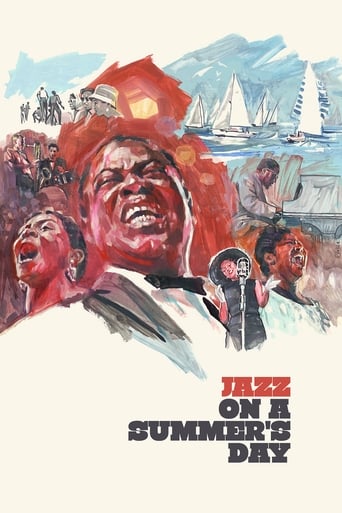

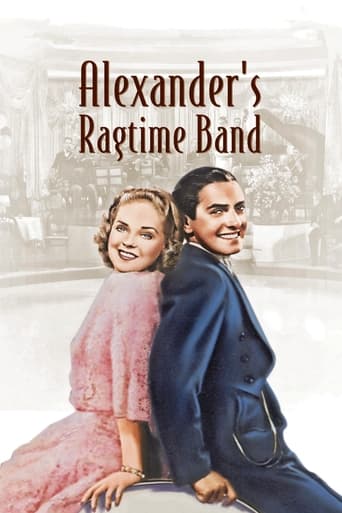
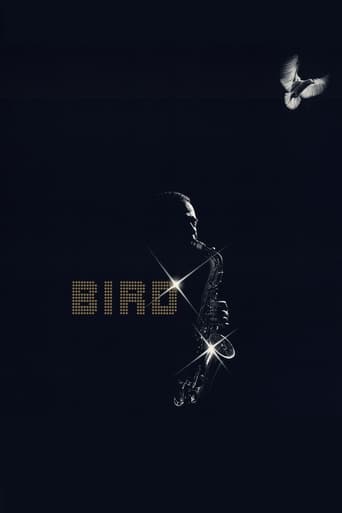

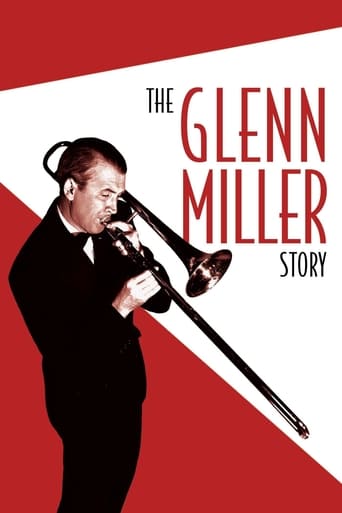




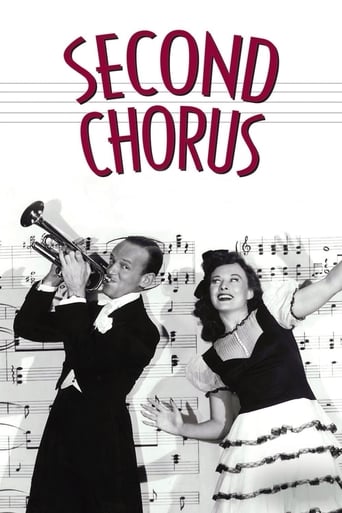


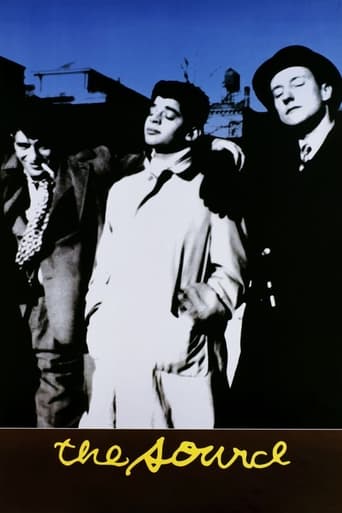










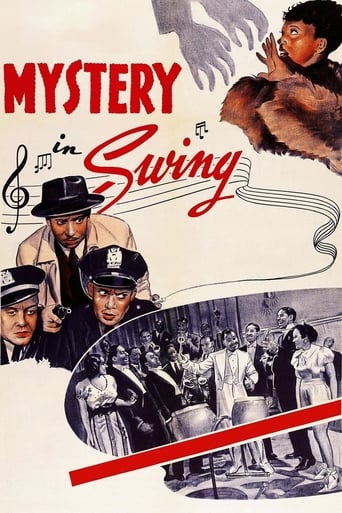
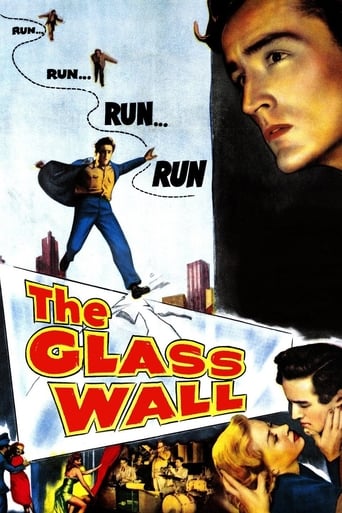







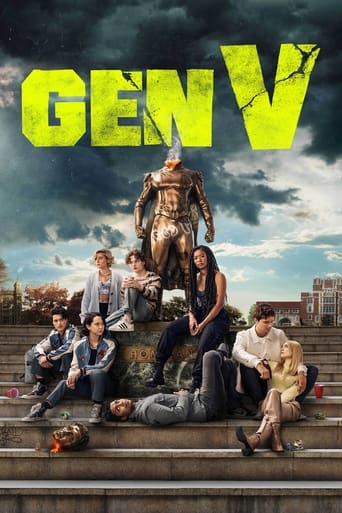
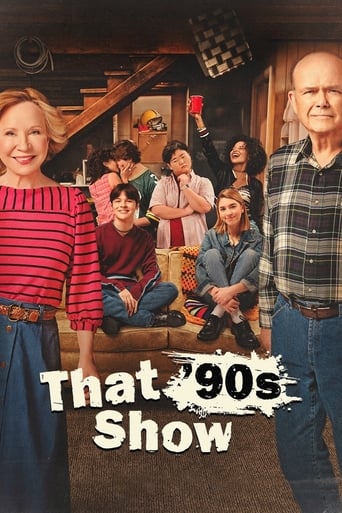
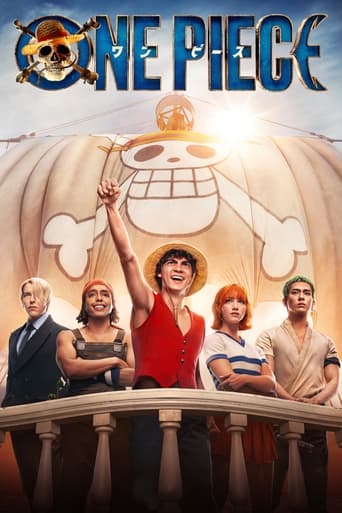
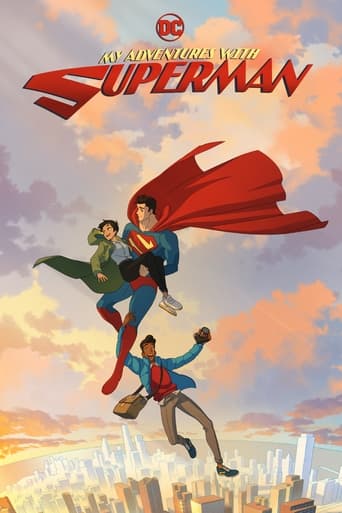
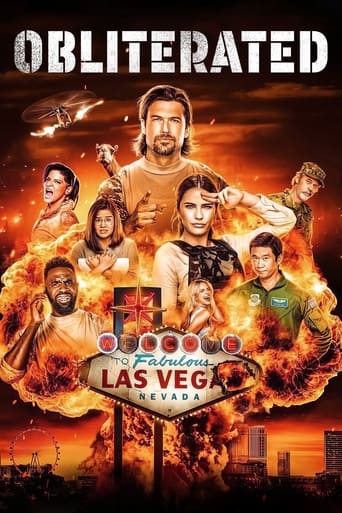
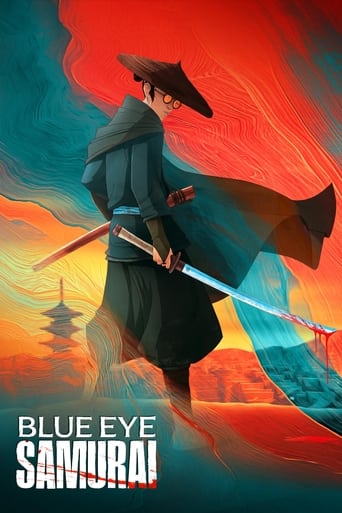

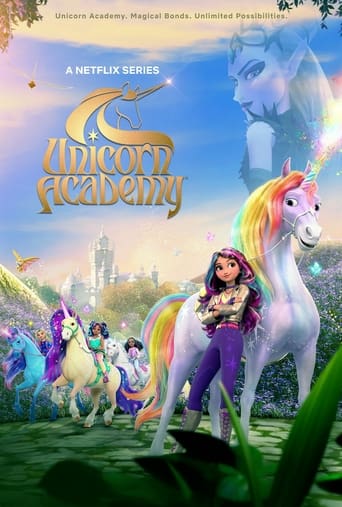
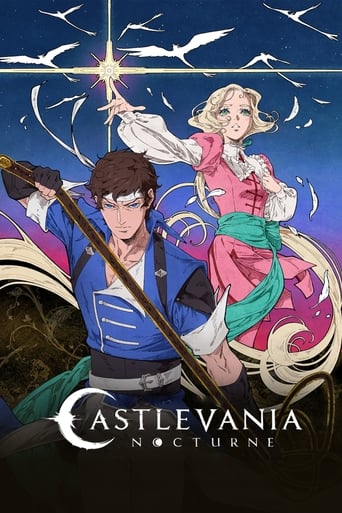


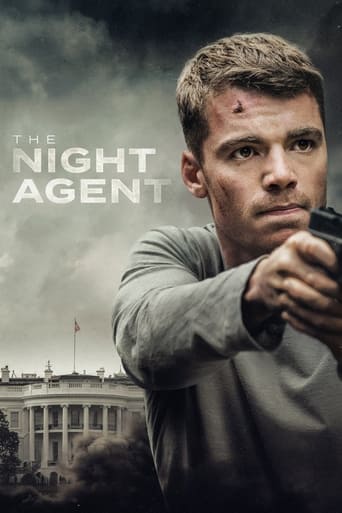
Whiplash
Under the direction of a ruthless instructor, a talented young drummer begins to pursue perfection at any cost, even his humanity.